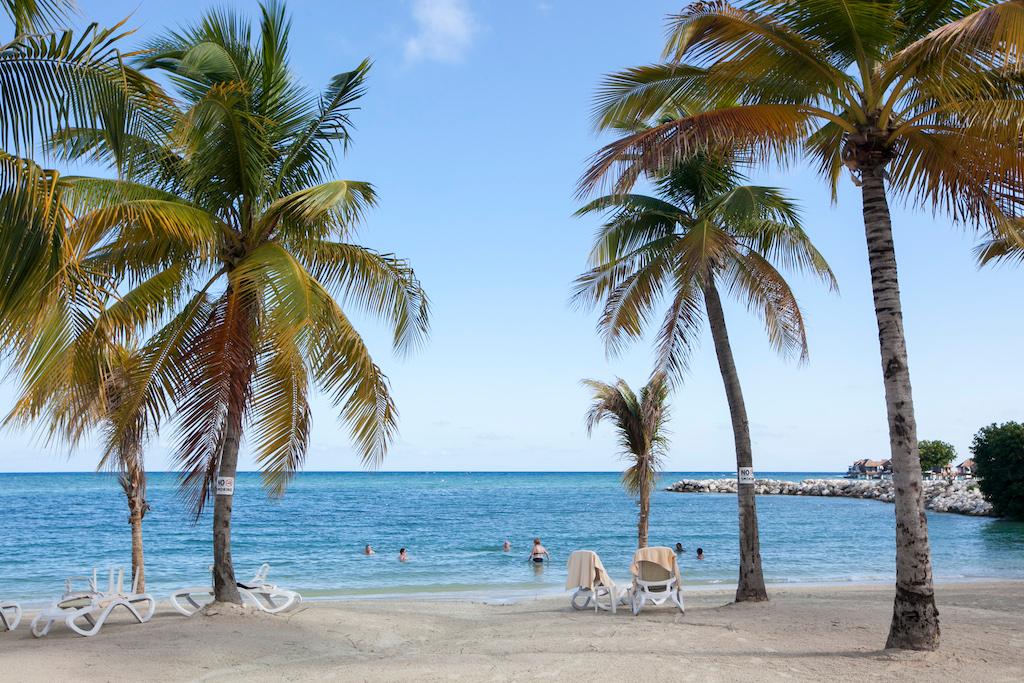Health authorities in Jamaica over the weekend issued warnings about a dengue fever outbreak with more than 500 suspected or confirmed cases so far.
“The dominant strain is Dengue Type 2, which last predominated in 2010,” the Jamaica Ministry of Health and Wellness said in a statement on Sept. 23 via the government-backed Jamaica Information Service, which added that there are “no dengue-related deaths classified at this time.” However, it stressed that six deaths are under investigation.





